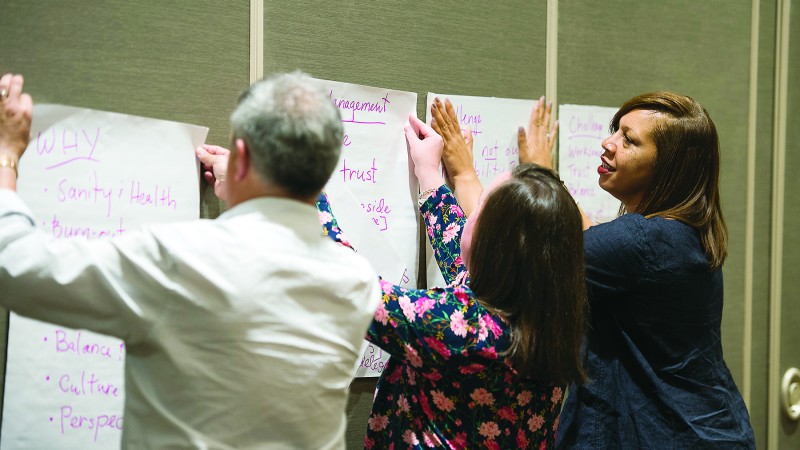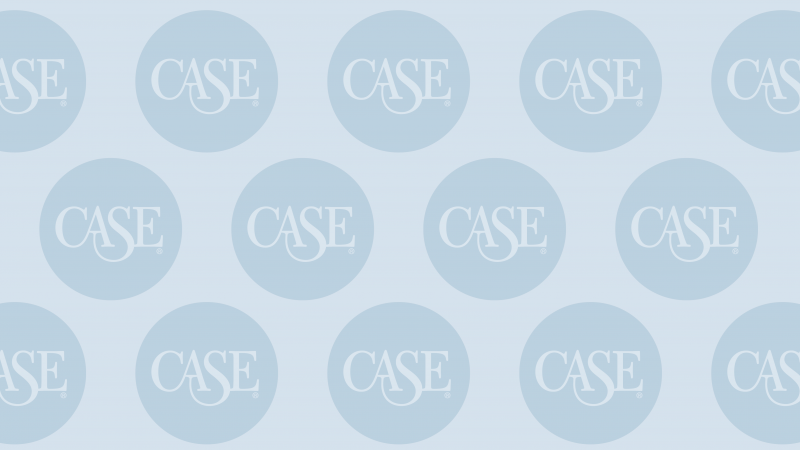
Be a More Mindful Leader: Lessons from Brain Science
To be a better project leader or team manager, start at the top—of your head, that is.
Understanding the brain science behind good leadership can help us make decisions, says Jeffery Schwartz, research psychiatrist at the UCLA School of Medicine on a recent Knowledge@Wharton podcast. He’s coauthor of The Wise Advocate: The Inner Voice of Strategic Leadership.
People generally rely on habits to make decisions; we often don’t even think about them most of the time, he says. Habits start in the basal ganglia, the habit center of the mind. This is the part of the brain we share with reptiles and birds. When we’re under stress, we revert to our habits: what we know, what we’re good at.
Schwartz calls this “transactional leadership.” That’s solving problems, meeting expectations, getting things done.
“You can become an extremely good transactional organization just on habit alone,” he says. “But what happens then is that the business is not adaptive enough.
If you need to move your team to do new projects, adapt to changing realities, or take on different challenges—that requires strategic leadership, he says.
Strategic leaders instead use applied mindfulness to make decisions. That means using a three-step process.
First, mentalize. That means, he says, thinking about why people do what they do. Consider not just want colleagues, volunteers, donors, or alumni want, but why they want it.
“At the strategic level—the transition from what we call the ‘low ground’ to the ‘high ground’—we use mentalizing to start thinking about what they’re thinking, so you can understand why they want what they want,” he says.
Second, assess your own response, rather than acting out of habit. (This is inhibiting your natural response, he says.)
Finally, plan a course of action, says Schwartz.
Turning habits around, he says, takes a lot of energy. But it can help you tap into mindfulness and forge a new path.
About the author(s)
Meredith Barnett is the Managing Editor at CASE.

